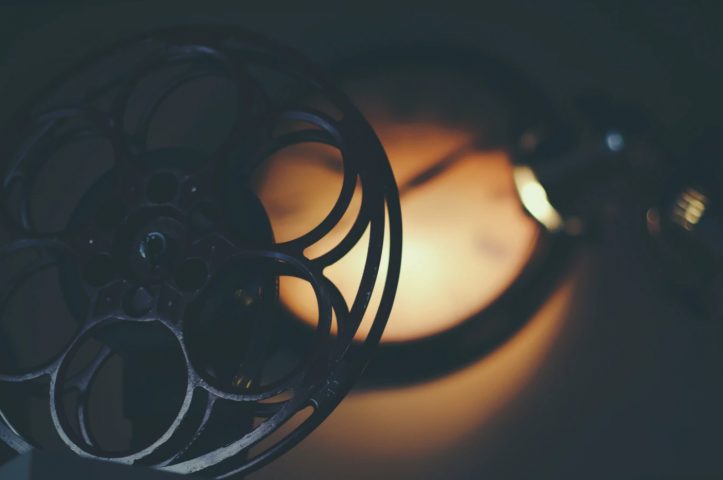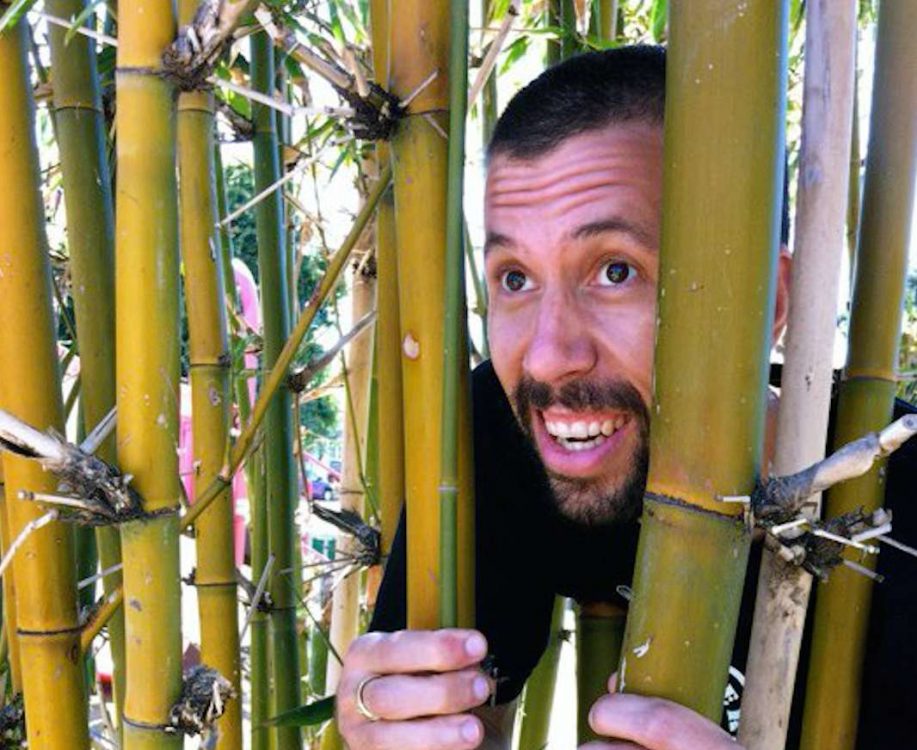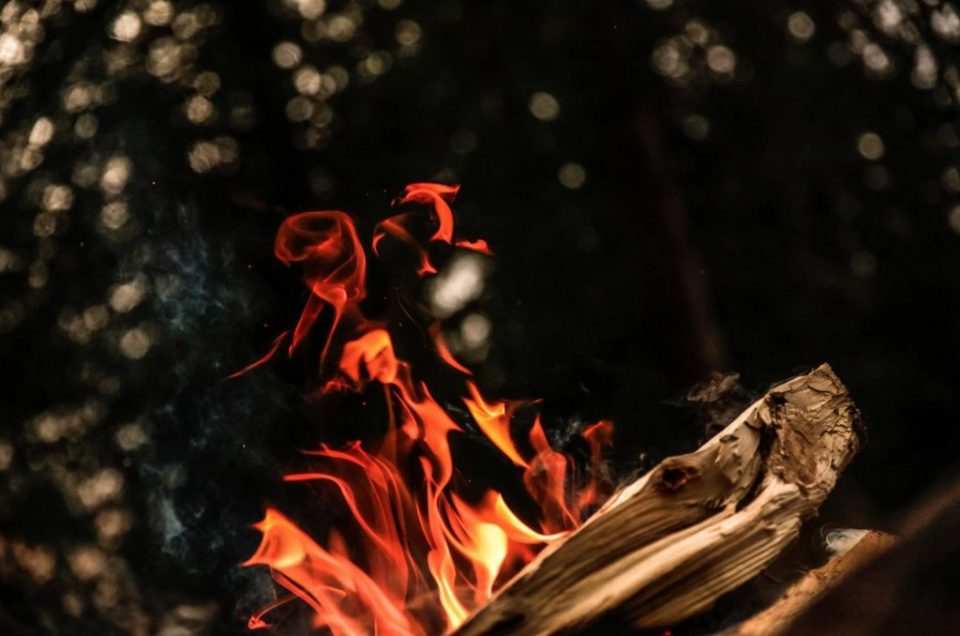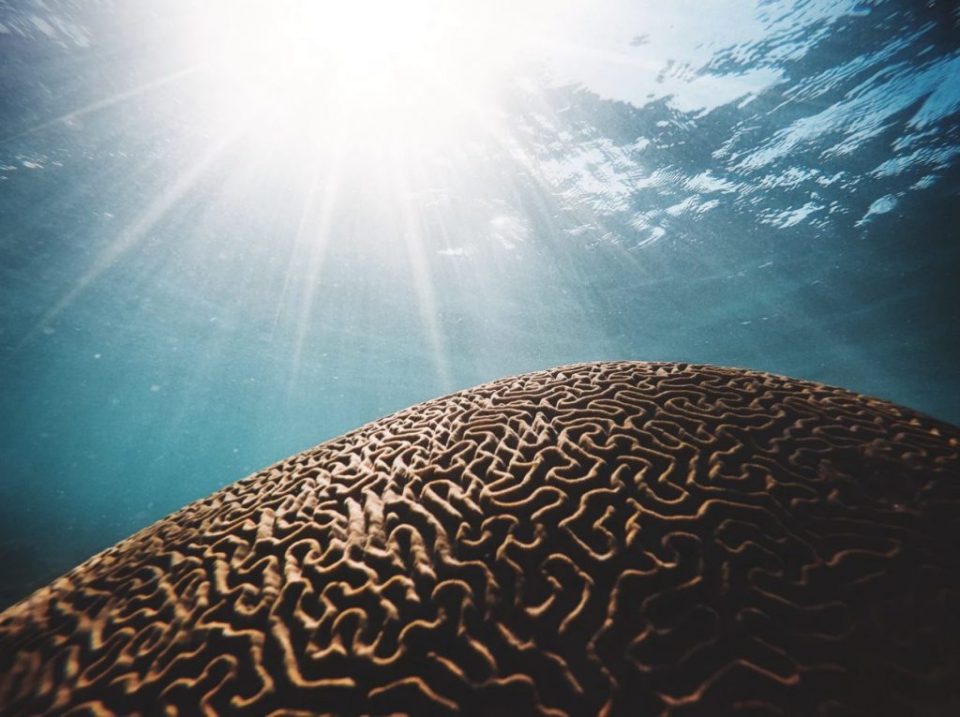
Spanish Road Trip in the Summer of Covid
July 13, 2020
Another family vacation in Provence, France
July 6, 2021First there was homeschooling. Then there was unschooling. And then we brought you worldschooling. And now, up in the sky… it’s a bird, it’s a plane, it’s… Cine Schooling!
Cine Schooling is the latest breakthrough in alternative education, and has become especially popular in the recent era of pandemic quarantines. Simply put, it is education through cinema, watching movies—including documentaries, dramedies, thrillers, science fiction, and all—and then discussing the various topics and themes. Cine Schooling brings the whole family together, in the age-old tradition of gathering around the warm glow. Moreover, it’s an entertaining and engaging way for parents and children to explore and discuss a great variety of subjects within a meaningful context.
In the weeks and months ahead, we’ll be documenting some of our own forays into this cinematic mode of learning. We’ll talk about which movies we’re watching, what sort of discussions they fostered, and how educational they turned out to be. But first, let’s review the general concept of Cine Schooling.
How does Cine Schooling work?
Learning by watching movies, at first glance, may sound a bit like your rainy day schedule at school. Sorry, kids, no recess today. Instead we’re going to watch this documentary about the Industrial Revolution from the History Channel, narrated by some annoying fellow who sounds like he should be announcing a 72-hour monster truck derby.
At least that was my first impression. But it’s really not about watching documentaries. It doesn’t even need to be historical fiction. When you’re watching movies with kids, if you think about it, there’s always something new that can be explained and discussed.
Maybe the kids don’t want an educational movie. They’d rather watch Spider Man. Next thing you know, you’re up until midnight talking about the science behind Peter Parker’s supernatural metamorphosis, or the difficult relationship between Harry Osborn and his super villain father.
We’ll look at more examples in the weeks to come, but it’s really about tapping into the imagination and letting the curiosity of children lead the way.
Who came up with Cine Schooling?
Pedagogic pioneer, Allona Riera Pastujova, based in an unassuming village in the Catalonian Pyrenees, first coined the term Cine Schooling back in 2012. She dabbled in it briefly, but didn’t get serious about it until 2018 and 2019. Little did she realize that 2020 would bring a global pandemic that would have us all locked in our homes with schools and businesses closed indefinitely.
Forward thinking Allona and her two school-aged children had already been training for this moment for years. She’s a soft-spoken advocate of the unschooling philosophy who’s never been afraid to think outside the box. And she and her children have watched and discussed hundreds of films, from Our Planet to The Matrix. So when the ultra strict lockdown came to Spain back in March 2020, they knew exactly what to do.
Is Cine Schooling just a fancy term to justify more screen time?
A lot of skeptics wonder, is this simply an excuse to watch more T.V. and squeeze a few more hours of screen time into the day. Well, maybe, but not exactly. It’s more like turning screen time into quality family time. If it’s Cine Schooling night at our house, that means the family movie is going to be the only screen time they have that day.
So they end up getting more than their 30 minute daily quota. But, in my mind, the benefits of bringing the family together — to laugh and cry and wonder — far outweigh whatever risks we might associate with spending excessive time alone on the screen.
Selecting films for the Cine School curriculum
When you start Cine Schooling, you go looking for films with the greatest educational potential. That’s just natural, and healthy. But the more you get into it, the more you realize how potentially educational any movie can be. And sometimes the quest to find educational value in what might appear to be “cinematic junk food” can be a learning experience of its own.
What do I know about Alternative Education?
In 2016, when our kids we’re just 3 and 6 years old, we sold our house in California, and our business, and virtually everything we owned. We took the kids out of school, got four one-way tickets to Germany (where my wife was born and raised), and started off on the adventure of a lifetime.
We spent about 12 months doing work-exchange gigs all over Europe, and teaching our children through a combination of homeschooling, free schooling and world schooling. The educational value of that year and a half away from school was just astonishing.
The following autumn we enrolled our children in a small village school in the Spanish Pyrenees. The mountain village has about 100 residents, and the primary school has a total of about 45 students. The operating language at school is Catalan, but there’s also a lot of Spanish, and a little bit of English and French. It’s a free, public school, with a very free-form curriculum.
In our free time we do a lot of drawing, creating and thinking with our children. We also like watching movies. You can call it homeschooling. Or you can say we’re just training them to be global citizens.
Anyway, it’s clear to us that the educational system we grew up with in the 70s and 80s is not going to prepare today’s children for the world of tomorrow. In a world where Google can answer your every question in a matter of nanoseconds, students don’t need to become repositories of data. They need to learn to listen carefully, think creatively and communicate effectively.
Further Reading
If you’ve enjoyed reading about Cine Schooling and you’re interested in learning about other varieties of alternative education, please check out some of our other stimulating articles. And if you want to know more about mountain living in Catalunya, feel free to drop by. We can show you around, and we’ll even make popcorn.






2 Comments
Hello! Very interesting reading, thankyou so much! So how is the Pyrenees project going, or any of the projects? I know porto grana does not have a hub anymore… My children are 10 and 12 and in a Steiner school. It is not all bad but we are looking for alternatives. We want to go south. We are vegan and would like to help out with animal rescue work as well so if any of that is integrated or closeby that would be the ultimate! I am trained as a teacher, have worked for NGO:s and developed humane education. I did my PhD in geography along the same lines and would love to work with others with similar values in some way.
Best wishes, Karin
I didn’t see your comment until now, Karin. Sorry for the late response. The CADÍ project is on hold for now. It’s extremely difficult to work around the laws to create an alternative secondary school. Our kids are going to one now that has reached that goal to a certain degree, but it’s not in the Pyrenees. It takes more energy and people than we have at the moment.